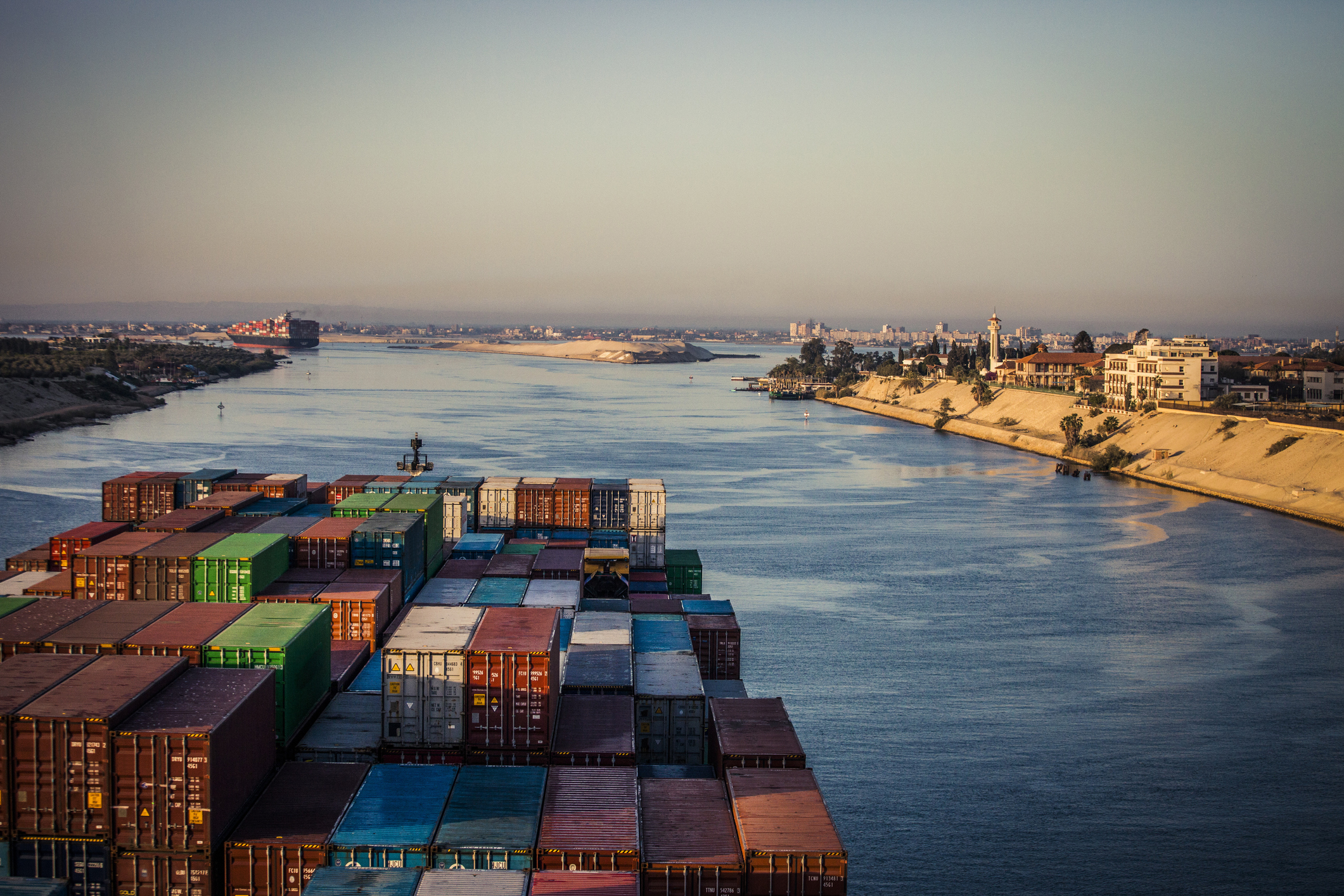Jihadists affiliated with Islamic State in North Sinai (IS Sinai) appear to be highly motivated to mount attacks in cities and major conurbations along the Suez Canal.
This assessment was issued to clients of Dragonfly’s Security Intelligence & Analysis Service (SIAS) on 6 January 2023.
- Jihadists are likely to mount further shootings and small bombings against cities along the Suez Canal, specifically in Ismailia and Port Said governorates
- Large-scale or complex attacks remain unlikely, given the diminished capability of IS Sinai
- The substantial terrorism threat will probably be heightened in major cities during the upcoming holidays
There were six such attacks in 2022 in Ismailia governorate, compared with none in 2021. And further sporadic shootings and small bombings near the Suez Canal, including in the mainland, are probable in the coming month. We also assess that the substantial terrorism threat in major cities is likely to be heightened during the upcoming holidays.
The attack in mainland
In 2023, IS Sinai will almost certainly continue to prioritise attacks in cities along the Suez Canal and Egyptian critical infrastructure more broadly. This is based on its online messaging and the pattern of recent attacks further west of the peninsula. On 31 December, the group claimed a shooting against a police checkpoint in Ismailia, a city on the west bank of the canal. This was the group’s first attack in mainland Egypt since 2019, although the city is still geographically close to Sinai where the group’s attacks remained concentrated in 2022. We have not seen any explicit calls for attacks in the Nile Delta, Cairo or other large cities on the online IS channels we monitor.
We doubt the attack in Ismailia indicates that IS Sinai has become more capable of operating outside of Sinai. There have been no major recent arrests of militants in large cities in mainland Egypt and the last attack we recorded there took place in 2019. The group has since been further weakened in a successful counterterrorism campaign by the authorities and local tribes; the total number of attacks in 2022 almost halved compared with 2020. We have also noticed a significant decline in the number of fighters and weaponry that appear in the group’s recent online communications.
We doubt that armed militants were able to cross from Sinai into mainland Egypt for the Ismailia attack given stringent security and controls at police checkpoints and crossings from Sinai. It is therefore reasonably possible that those involved were already based in mainland Egypt, or at least had assistance from supporters there. There are also some early indications – most notably the dire economic conditions – that the group will find it easier to recruit again. We have also noticed that IS online channels have become easier to access in recent months.
Any attacks in the coming months will probably mainly be shootings and small bombings. Attacks claimed by the group in 2022 were mainly ambushes and shootings with some use of IEDs with low casualties, primarily against security forces and local tribes. In our assessment, the group seems to lack the manpower and weaponry to sustain an armed campaign against the authorities. And IS central communication also appears to be promoting small-scale attacks by IS Sinai online much more than before. In our analysis, this is an implicit concession by the group that it would struggle to mount larger, more complex attacks.
Security checkpoints around canal cities also make it difficult for heavy weaponry and large numbers of fighters to go undetected. Therefore, we anticipate that the group is likely to adopt a strategy of smaller and less frequent attacks against high-profile targets, for example, hit and run ambushes, particularly against critical infrastructure in northwest Sinai. This is likely to include attacks targeting cities such as Ismailia, East Qantara, and areas near Port Said.
Outlook for major cities
We have not seen any indications of an imminent threat to major cities in Egypt following the attack in Ismailia. Counterterrorism operations in recent years have largely contained the group to North Sinai. Surveillance by the state in major cities and stringent checkpoints also means planning complex attacks remains a seemingly insurmountable hurdle. In our assessment, any attack in Cairo or Nile Delta cities would likely be a shooting or an ambush against critical infrastructure and security forces. Our terrorism threat level for all major cities, such as Alexandria, Cairo and Port Said, is substantial, meaning an attack there is likely.
There will also probably be a heightened threat around Christian holidays, including Easter in April. This is even though the authorities or major Western governments are yet to issue any new specific warnings. Egyptian Christians are a longstanding target for jihadists in Egypt and an established way for the group to attract attention to its cause, although the last mass-casualty attack against a church was in 2017. Based on past attacks and IS Sinai’s diminished capabilities, shootings at churches, particularly in remote areas in North Sinai, are probably attack scenarios.
Image: Container ship passing through the Suez Canal. Photo by Tim Martin via Getty Images.




